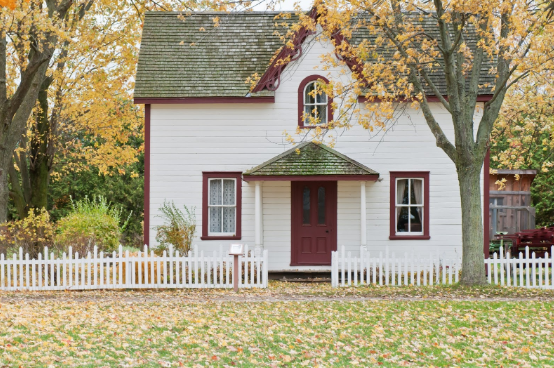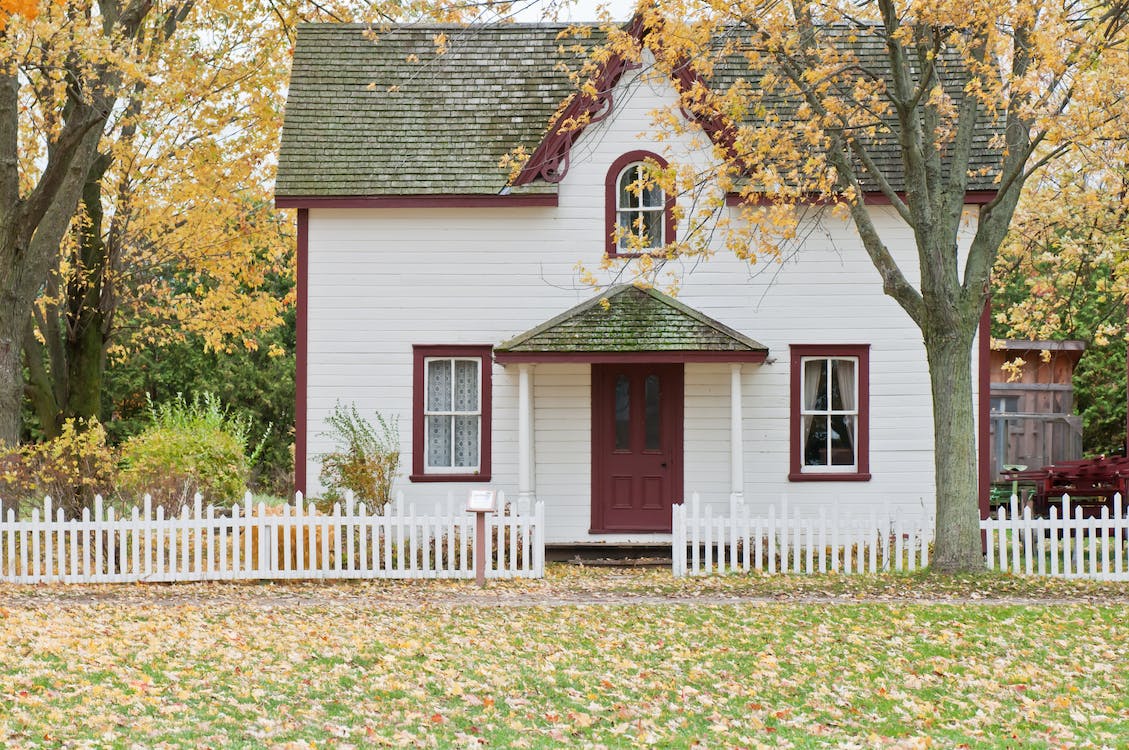As the holiday for stamp duty ended on October 1st, changes in the pricing of houses in the UK have many people worried. This is because fewer people are willing to invest in houses. After all, most people wanted to take advantage to save on tax. Stamp duty contributed to the rise in house prices between 2020 and 2021. October also marks the end of the furlough scheme, and job losses could be on the rise, which may cause the market to slow down and housing prices to drop.
Investing in property ownership is a dream for many, but in light of recent circumstances like the pandemic, end of the stamp duty holiday, furlough scheme, and political affairs may be making many people hold back on buying houses. With the onset of the pandemic, housing prices in the UK skyrocketed to an all-time high. The average cost of a house in the UK is estimated to be £260,000, and it’s around £ 420,000 in London, making owning a home in London even more expensive.
These reports make many homeowners worried about the value of their properties. In this article today, we look at the factors that affect the prices of houses in the UK so that when you go to buy a house from for-sale.com, you have a vague idea of what to expect.
Low-interest rates
Low-interest rates affect the price of a house by increasing the prices. When most people are offered lower interest rates, buying a house is even more attractive than renting one. Low-interest rates also mean that you will get a better return than other investment forms, such as buying shares. An investor will look at the cost of buying and the rates and returns in rental income compared to mortgage interest payments.
Since the 90’s the mortgage rates in the UK have constantly fallen, making the cost of acquiring a mortgage even lower. This means that if people can afford to take the mortgages because of lower interest rates, they will still afford to buy houses despite the increase in prices of the houses.
The demand and supply of houses
The number of households and demand for housing keeps growing every day, and the government estimates that they will need to build around 250,000 houses every year to keep up. Despite the government and politicians promising to build more houses, there is still a slump in housing supply, increasing demand.
The factors contributing to the government failing to keep up with building 250k houses per year may be the lack of land in highly populated areas like London. The government is also reluctant to build in environmentally protected areas. They also don’t want to crowd towns and encroach on greenbelt land areas. The resulting consequence of growing demand for housing and lack of supply is one of the reasons that housing in the Uk will keep rising.
Some people also have personal interests in ensuring fewer buildings in some areas to keep prices high. Because with more houses it means the demands will be met and the prices will go down.
Renting is expensive, and people have a strong demand for homeownership.
The number of first-time buyers buying houses in the UK has fallen in recent years because they can’t afford to buy. However, the alternative for buying a house is renting, and that is also expensive. There is a strong economic and cultural desire for people to own their homes. So you find that most people will get a deposit from their parents to get home if they can’t afford it. At least this has helped millennials, and first-time buyers overcome the hurdles of saving up for a deposit to put up for buying a house.
If you are paying a monthly rent of £800 a month, it makes sense to get a house where you will be paying a mortgage of the same amount or slightly higher, let’s say £900 a month—the increased prices in renting shows how the demand for houses has shot up in the UK.
The pandemic effect
When Covid hit, most businesses shut down, people lost their jobs, and the economy faced a lot of strains. However, with the crisis and rise of housing prices in the UK, the percentage of people buying houses rose by 200% in June 2021. Reports by the Guardian states that house prices reduced by £10,000 in July 2021. This is because most people were taking advantage of the stamp duty holiday. However, although there was a significant dip in housing prices this year, the houses are still much higher in price than pre-Covid times.
The end of the stamping duty holiday may not affect the housing prices so much, so at least homeowners can breathe a sigh of relief. There will be no drops in prices in the future though it is not good news for buyers.
Wealth inequality
There is significant wealth inequality in the UK. Some people are lucky enough to afford homeownership from an inheritance, where they can afford houses much earlier than others in the same age group. This, in turn, even makes prices of housing keep rising and makes it harder for those who can’t benefit from inheritance from their parents, making owning a house unaffordable for them.
The price of houses in the UK is very high, particularly if you want to buy a home in London. As much as the country was affected by the pandemic, at least relief programs such as the stamp duty holiday enabled people to own houses. However, with wealth inequality and an increase in demand for houses rising every day, the price of houses doesn’t seem like it will go down anytime soon. But with the culture of wanting to own a home and housing being seen as a good investment, people will still aim to find ways to buy and own a home.







